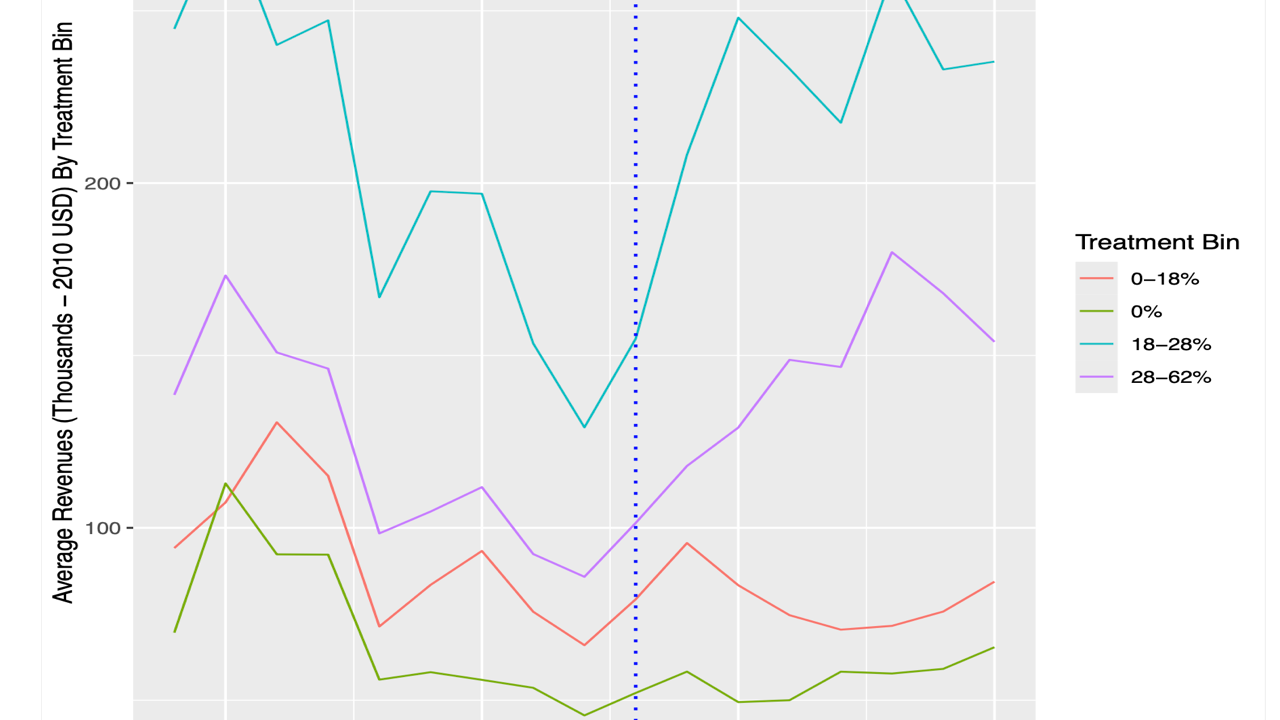
Lab Seminar: Who Benefits from Buyback Programs?
ARE Ph.D. candidate Frederik Strabo presented his research on a fishing vessel buyback program deplyaed in the US West Coast Groundfish Fishery. Buyback programs have the potential to address increasing concerns of overcapacity as fisheries' productivity and spatial distribution change in response to changing ocean conditions. Thus, understanding the effects of previous buyback programs is essential for designing future programs to achieve their intended objectives. The U.S. West Coast groundfish fishery went from being one of the most lucrative fisheries in the United States to being declared a disaster in 2000 and subsequently recovering in the decades since, culminating in the fishery being certified as sustainable by the Marine Stewardship Council in 2014. The 2003 Buyback program, which permanently retired 91 trawling vessels, about one-third of the fleet at the time, was crucial to the recovery of the West Coast groundfish fishery. Despite the success of this program in reducing capacity and recovering groundfish stocks, many within the industry have noted its unintended consequences. Freddy explores how the West Coast groundfish buyback program provided heterogeneous benefits to fishing vessels based on the degree to which a vessel's primary port experienced capacity reductions. His findings demonstrate that the benefits from a buyback program will not be uniformly distributed amongst the remaining fishery participants, which could lead to impediments to future buyback programs in other areas and fisheries if not considered in the design and financing of the program.